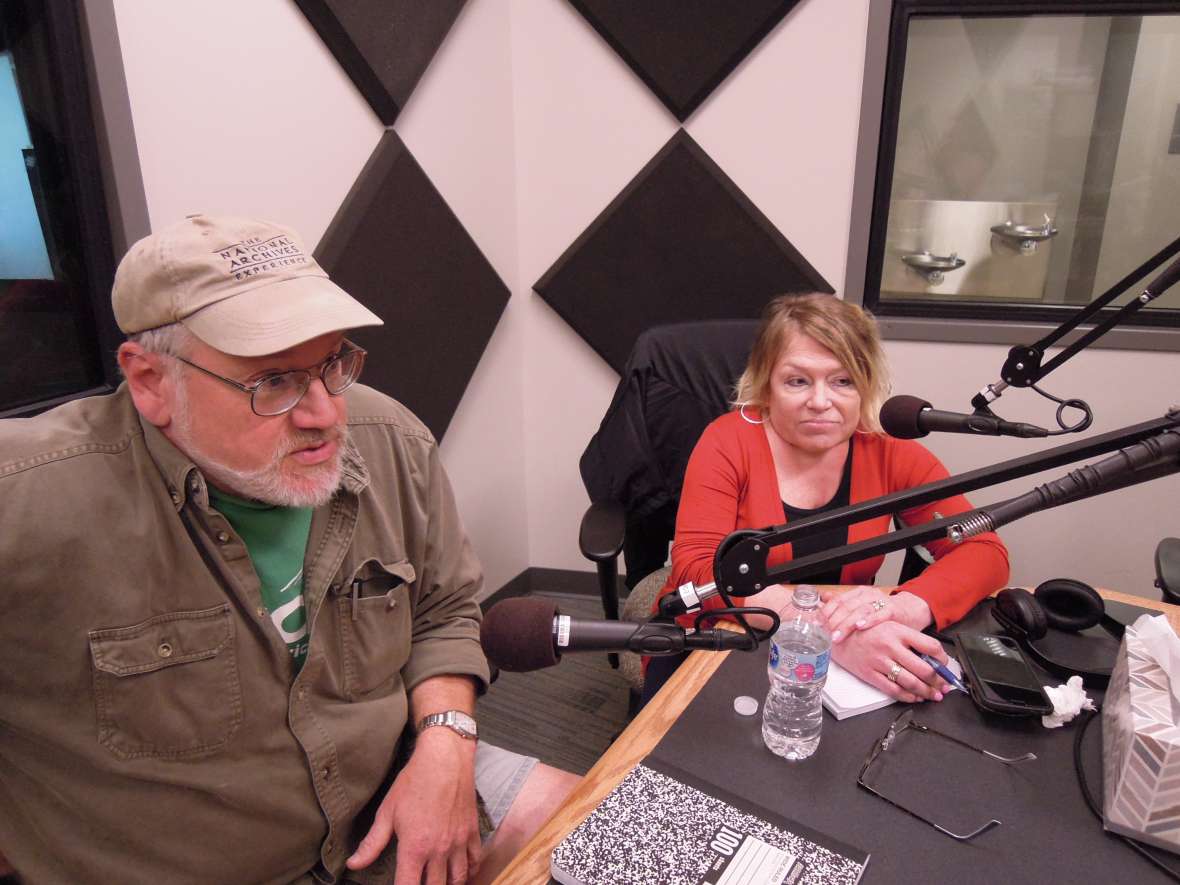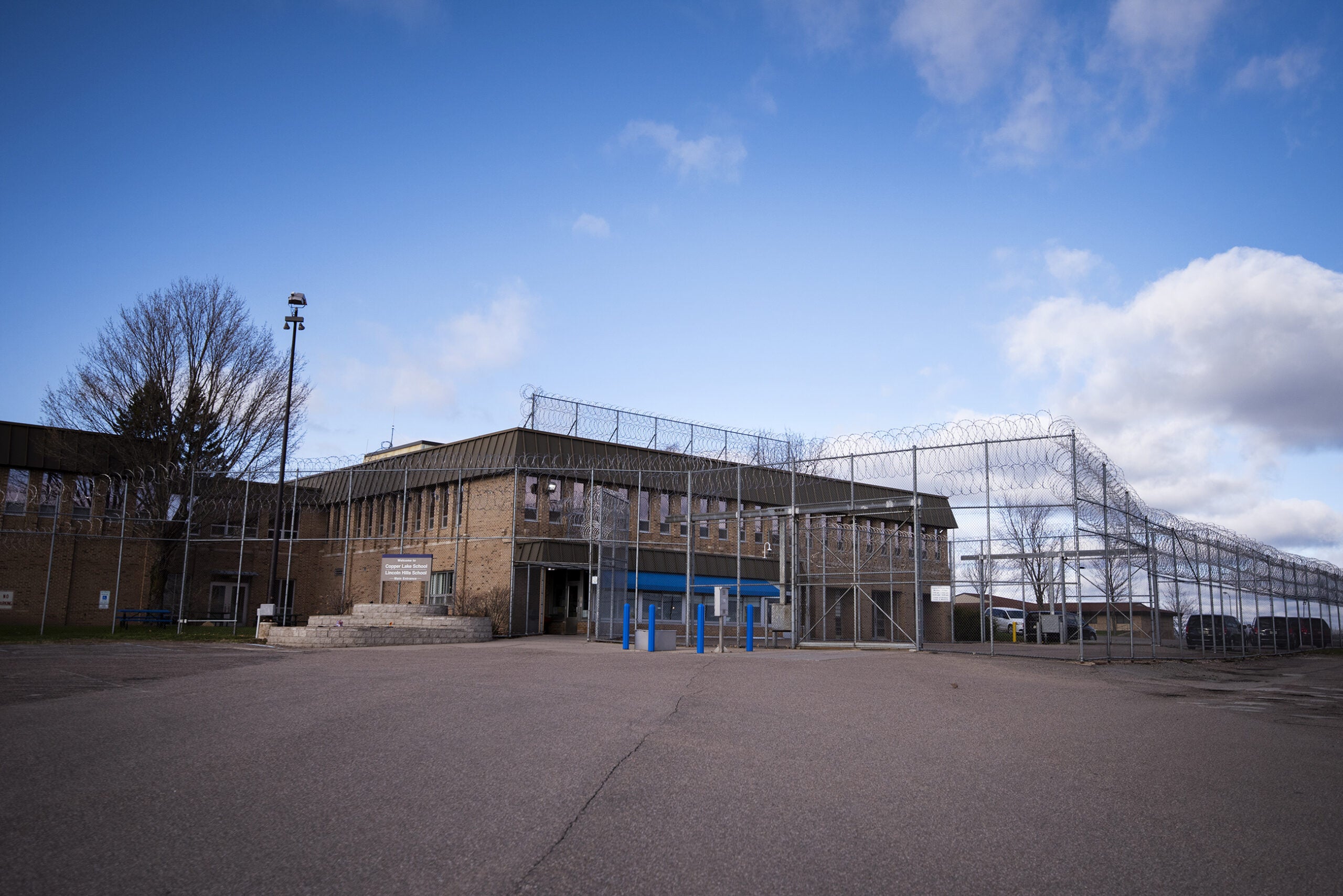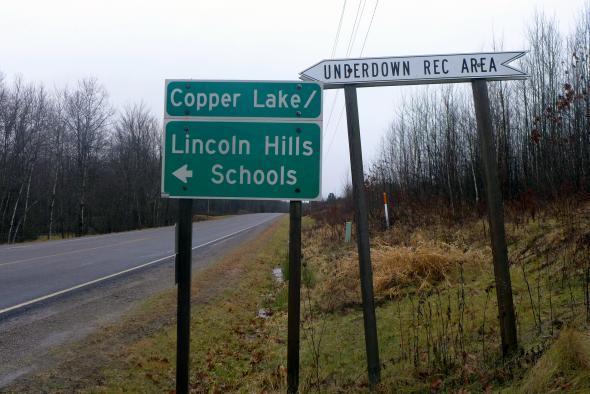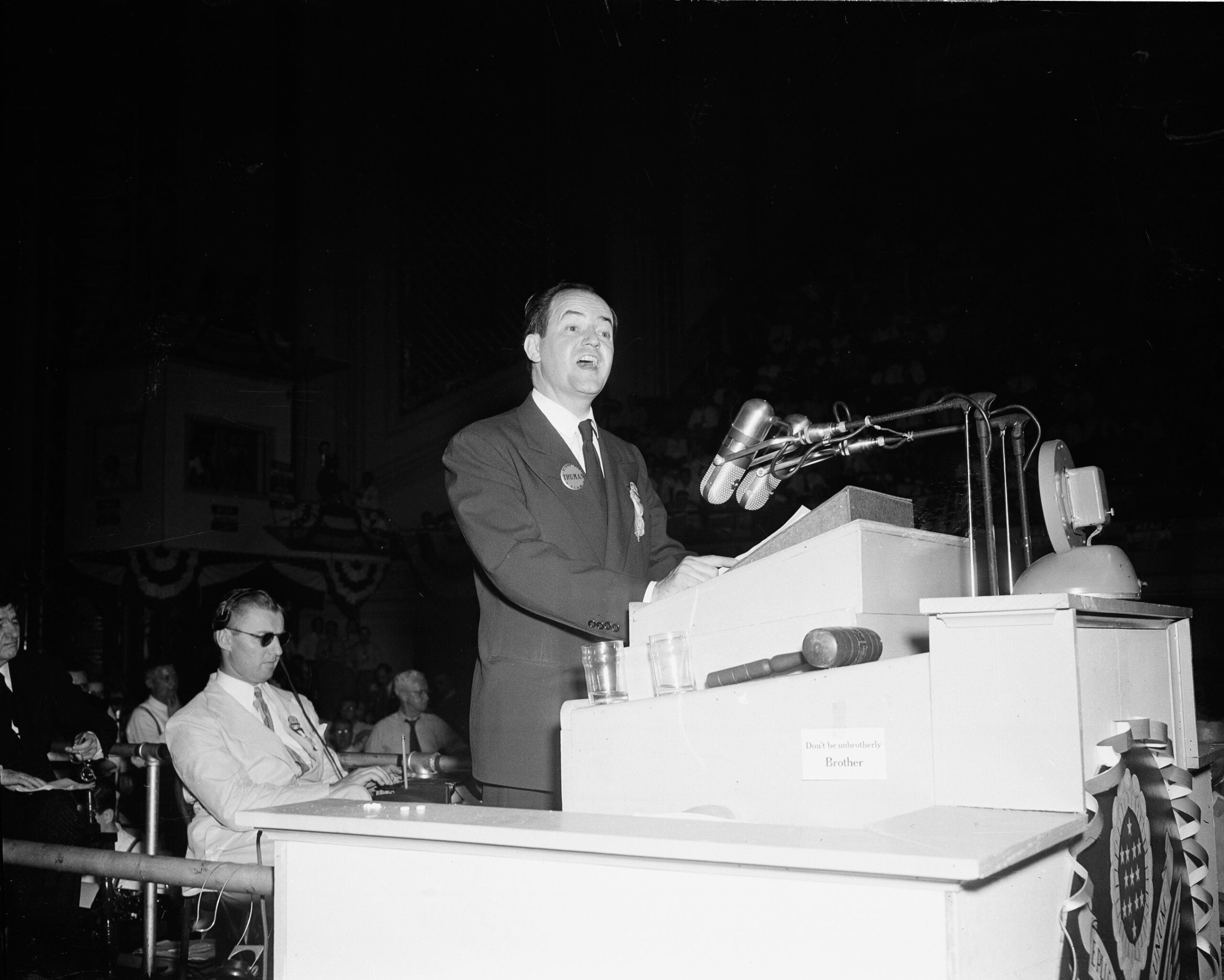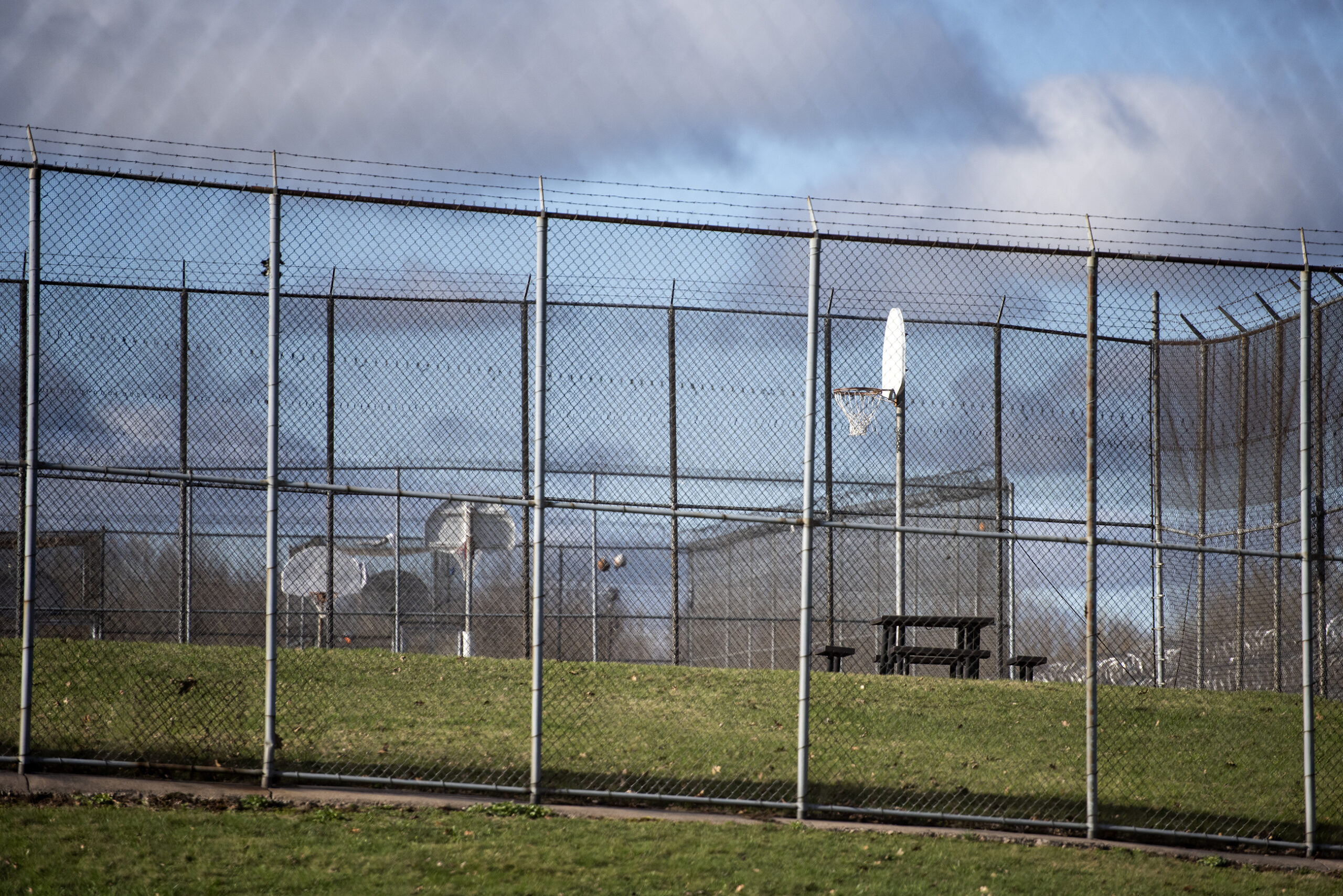A teacher and a union steward at Wisconsin’s troubled youth prison are skeptical of a plan by the state Department of Corrections to comply with a judge’s order to reduce the use of pepper spray at the facility.
In July, federal Judge James Peterson also ordered restrictions on the use of handcuffs, shackles and solitary confinement in response to a lawsuit by the ACLU and the Juvenile Law Center.
The DOC’s strategy includes more activities for inmates, staff training in crisis intervention, providing incentives for good behavior and isolating troublesome students in small groups.
News with a little more humanity
WPR’s “Wisconsin Today” newsletter keeps you connected to the state you love without feeling overwhelmed. No paywall. No agenda. No corporate filter.
Pandora Lobacz, a teacher at Lincoln Hills School for Boys, and Doug Curtis, a union steward and former youth counselor, say none of that will work unless the DOC first addresses unsafe working conditions, including staff shortages and a lack of input from workers at the prison.
“Every single work group in the institution is short staffed, no matter if you’re a teacher, a social worker or a youth counselor,” Lobacz said.
Curtis said a series of violent attacks on staff members has made the situation worse.
“We have 17 people out right now with either assaults from students, or injured breaking up an assault. That’s 10 percent of the youth counselor work force,” Curtis said.
Lobacz said she was severely beaten by an inmate at the prison Oct. 11.
“He took a fighter’s stance, went down, bent his knees and with everything he had punched me in the face and knocked me out,” Lobacz said. “I’ve been doing this for upwards of 25 years. So what all of a sudden has created students that think they can punch a teacher full force in the face and not feel that they’re going to have any consequences?”
Lobacz and Curtis blame Peterson’s ruling, which they say has tied the hands of guards and youth counselors.
They also blame Gov. Scott Walker’s Act 10 legislation that reduced the power of public employee unions, including the union that represents the staff at Lincoln Hills. They say management no longer believes they need to listen to workers.
“Obviously Act 10 is one of the big catalysts that eroded what I believed to have been a really well run institution,” Lobacz said. “We used to have groups where staff would sit down and talk to management to bring up their concerns, and I can’t remember the last time that took place.”
“Take away the union contract, and management no longer has any rules to follow, and they’re free to do as they please,” Curtis said. “What we’re seeing now is a direct result of that.”
Lobacz and Curtis said because of staff shortages, employees are being forced to work long overtime hours that contribute to unsafe conditions. They also question the wisdom of putting the most troublesome students in small groups.
“In terms of putting some of our most aggressive and hostile youth in one unit, to me, at this point, doesn’t make any sense,” Lobacz said. “Now you have a group … that can align together that are the most difficult to deal with.”
“The unit where they took the more dangerous students and put them in one group was understaffed from the very beginning,” Curtis said.
Marsha Levick, deputy director and chief counsel of the Juvenile Law Center, said it is wrong to blame Peterson’s ruling or the lawsuit for the unsafe conditions at Lincoln Hills.
“If the staff is unable to maintain a constitutionally appropriate facility, then the staff needs to think about what they are doing, and not what the kids are doing,” Levick said.
She said the violence by the juveniles is a reaction to mistreatment by the staff.
“It’s a fact that violence begets violence. They treated these children violently and they have, I think, created an environment in which that seems like the only response,” Levick said.
Lobacz said she is willing to forgive the young man she said attacked her.
“In my line of work and what I chose to do as a career, working with young men and women that are survivors on many levels, that have been traumatized, I wouldn’t be able to do what I’m doing today if I can’t forgive him,” Lobacz said. “But he has to be held accountable so he does not continue to victimize more people.”
Lincoln Hills is located in Irma in northern Wisconsin. Many of the offenders are sent there from Milwaukee, Racine, and other parts of southeastern Wisconsin.
A request for comment from Walker’s office was not returned by deadline.
Wisconsin Public Radio, © Copyright 2025, Board of Regents of the University of Wisconsin System and Wisconsin Educational Communications Board.

